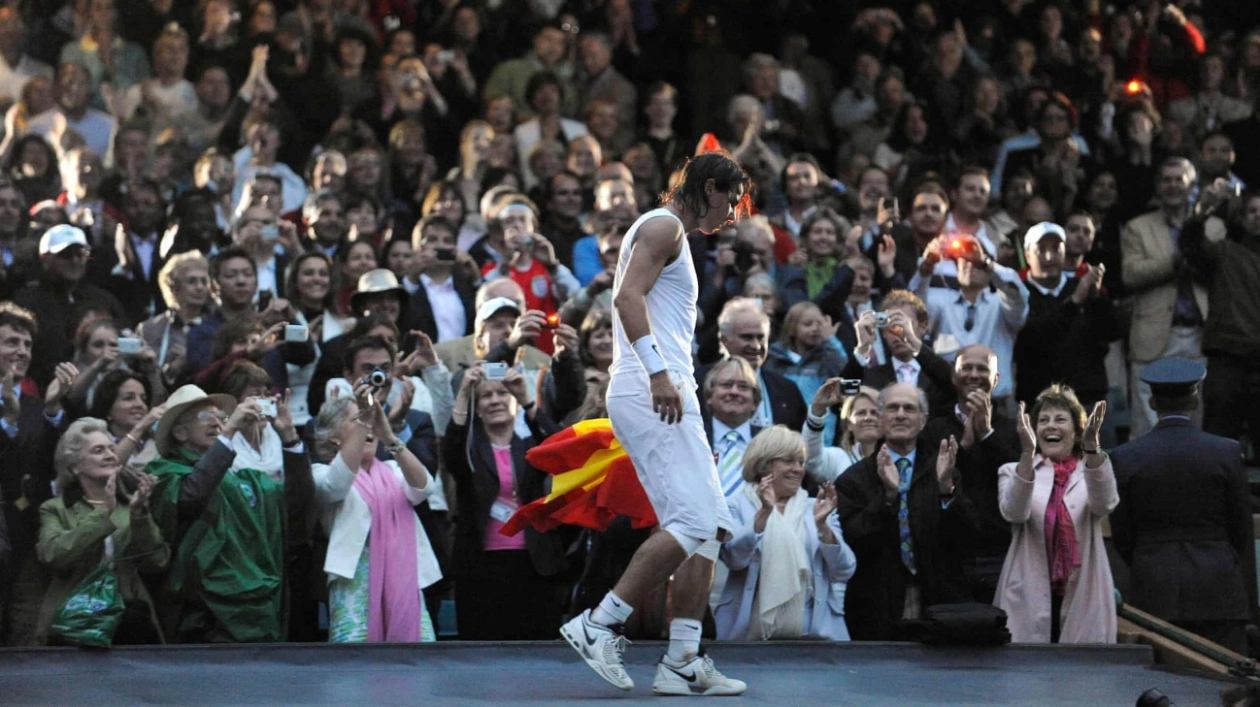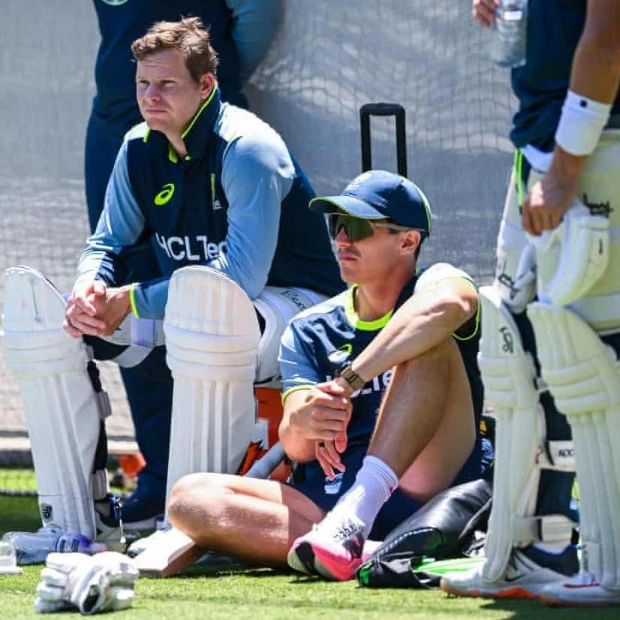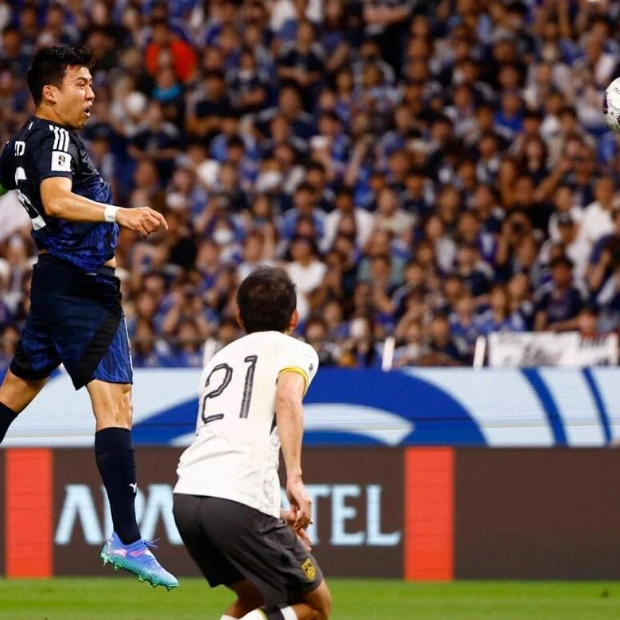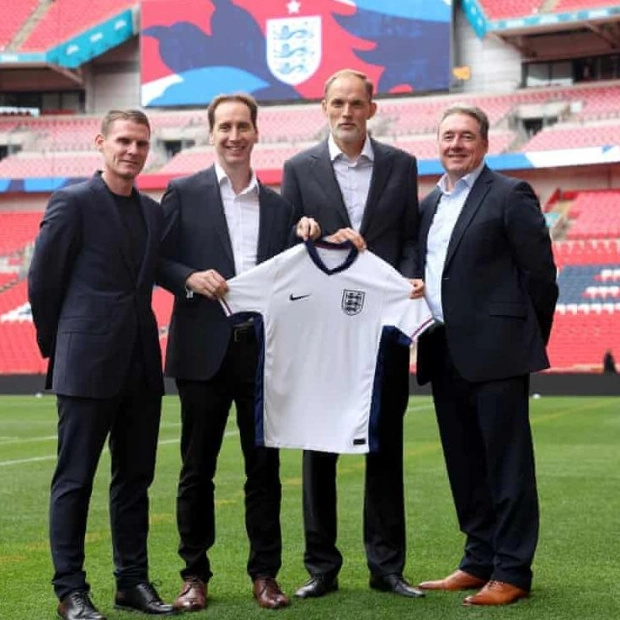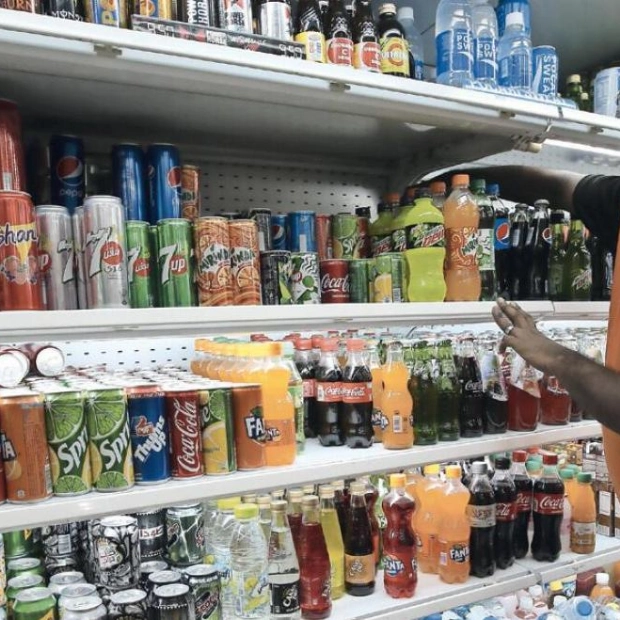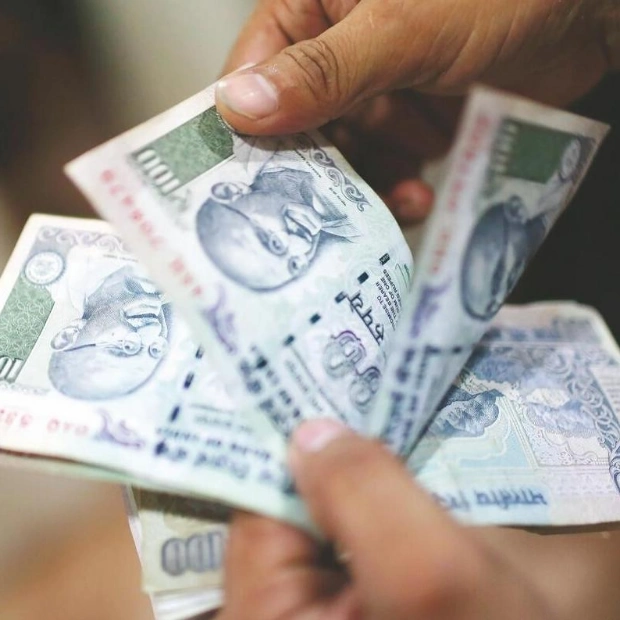Greatness cannot be quantified by a simple measure or scale. To identify the best game ever played, one must consider over a century's worth of factors: who, what, where, when, why, and how. To even narrow it down to the best Wimbledon final in modern history, you must separate Goran Ivanisevic v Pat Rafter from Venus Williams v Lindsay Davenport, and distinguish Björn Borg’s 16-18 tie-break against John McEnroe from Margaret Court’s seven match points against Billie Jean King. And then there is that match: Rafael Nadal v Roger Federer in 2008, 6-4, 6-4, 6-7, 6-7, 9-7, a decade ago this summer. Suddenly, it becomes clear. Just ask McEnroe, who commentated on it – “The greatest match I’ve ever seen” – or Borg, who watched from the royal box: “That’s the best tennis match I’ve ever seen in my life. I was just happy to be there, to be part of that final. You cannot see a better tennis match.”
The 2008 final marked the end of a trilogy. Federer and Nadal haven’t faced each other at Wimbledon since. It was also the first time Federer wasn’t the heavy tournament favorite. Borg rated him third-favorite, behind Nadal and Novak Djokovic, who had himself said that he thought Federer was “vulnerable”. That winter, Federer had glandular fever, and the fatigue lingered through the early months of the season. He lost to Djokovic in the semi-finals of the Australian Open, to Andy Murray in Dubai, Mardy Fish in Indian Wells, Andy Roddick in Miami.
The defeat that hurt Federer most was to Nadal in the final of the French Open, 6-1, 6-3, 6-0. In Strokes of Genius, a documentary based on L Jon Wertheim’s book, Federer admits this defeat scarred him, that he was still thinking about it in the early sets of the Wimbledon final. “My problem was that I had lost in the French Open finals a month earlier against Rafa in a terrible way. He crushed me. He blew me off the court.”
Nadal had his own struggles. Federer had beaten him in the previous two Wimbledon finals. The second loss, he wrote in his autobiography, left him “utterly destroyed”. Worse, it wasn’t his game that failed him. “I had let myself down and I hated that. I had flagged mentally.” He wept for 30 minutes in the dressing room afterwards, “tears of disappointment and self‑recrimination”. He was determined that “whatever else gave way this time, my head would not”.
Both men felt they had something to prove, to themselves and each other. Now they were back in the same changing room. “We shook hands, nodded, exchanged the faintest of smiles,” Nadal remembered, “and stepped over to our respective lockers, maybe 10 paces away from each other, and then pretended the other wasn’t there.” For three years, Nadal had been stuck behind Federer in the rankings. No 2 in the world. At the same time, he actually had the better head-to-head record against him, 11 to six, including the last three in a row.
Nadal never believed he could match Federer’s talent. But he didn’t think he needed to. “There is a difference between ‘who is better’ and ‘who knows more’,” said Nadal’s coach, mentor and uncle, Toni Nadal. “Roger is an amazing player, but he is human. You put doubt in his head and … ” Nadal had a simple strategy: keep hitting to Federer’s backhand and never let up, but “put him under pressure, wear him down”. He wanted to “break that easy rhythm of his, push him to the edge” to “frustrate him, drive him close to despair”.
They were late on court due to a shower. Federer served first. It took 14 strokes to settle the first point. “A first point like that gives you confidence,” Nadal wrote. It was “the first step in curing a hurt I’d been carrying for 12 months”. A pattern was set. “My objective now was to convey to him that he was going to have to spend hours stretched to the limit.” Federer’s serve had been broken only twice in the entire fortnight. Nadal did it at the second attempt. Federer raised his game. He didn’t just break Nadal in the second set, he “blew me away”. Nadal was ready for it. “When Federer has these patches of utter brilliance, the only thing you can do is try and stay calm, wait for the storm to pass.”
Federer, Nadal remembered, was “more worked up than I remembered seeing him”. When a fan cried out: “C’mon, Roger,” during his backswing, Federer turned and shouted: “Shut up!” This, Nadal wrote, “is not Roger’s style at all”. Nadal waited it out. He slowed everything down. Federer had complained about Nadal’s slow serving before the final. His average serve time in the final was 30 seconds. In this second set, a lot of them were 10 seconds longer than that again. The umpire, Pascal Maria, decided to warn him for a time violation. Nadal shrugged it off. He won the next point with a backhand slice, a shot he had been working on in practice. It was “one of the best winners of my life”.
Then everything changed. Federer thinks it was the rain break that did it. “It took me two sets to shake it off and I believe that that rain delay probably woke me up,” Federer says in Strokes of Genius. “I said: ‘If we’re going to go out of this match, at least you’re going to go down swinging.’” On the other side of the net, Nadal felt victory was so close that he started to reach for it. He blew four break points, the last of them with an unforced error: “Fear gripped me, I lacked decision, my head was not clear.” That fear came back again in the fourth. Not a fear of losing, but a fear of winning. “I felt I was in touching distance of my life’s dream”, and all of a sudden “my arm had tightened, my rhythm was shot”. By the time they reached the tie‑break he had “come back from the precipice”. He earned one championship point, which Federer saved, and then another. “I did exactly what I had to do,” Nadal wrote, “and here, right here, was the very first moment in my life in which, approaching to hit the ball, before I’d made impact, I was filled with the euphoric sensation that victory was mine.”
Years later, Federer would say that he had only played two perfect points in his life. This was one of them. A backhand down the line. “It wasn’t the shot itself but the importance it had in the match, Federer said, “as it allowed me to survive until a fifth set. It was this point, this shot, which gave the match a mythic quality.” In his famous essay Roger Federer as Religious Experience, David Foster Wallace called them “Federer moments”, times “when the jaw drops and eyes protrude and sounds are made that bring spouses in from other rooms to see if you’re OK”.
“I don’t think many players will recover from that disappointment,” says Maria, “Nadal is the only one. He played the next point like it is the first point of the match.” If the first rain break helped Federer, the second seemed to help Nadal. “Blowing my chance in the fourth had made me stronger, not weaker. Because I wasn’t going to buckle again.” Toni Nadal was resigned to defeat, until Rafa told him: “Relax, don’t worry, I’m calm, I can do it.” By the time they got back on court, it was so dark that Hawk‑Eye stopped working. It wasn’t able to pick up the ball. “At one stage I thought this match would never end,” says Maria. “I even thought it shouldn’t end. We don’t want a winner. We want two winners. Let’s stop it and we’ll give them two trophies the next day, they both start again next year.”
At 7-7 in the fifth, the championship referee, Andrew Jarrett, decided they would play two more games then call it off for the night because of bad light. And then Nadal broke Federer’s serve one last time. Serving for the championship, Nadal decided to make his wildest move yet. “My mind was clouded by nerves. I had to conquer those nerves right now and the way to do it was to raise my aggression.” For the first time in four and three quarter hours of play, he decided to serve and volley. Then at deuce, he switched it up again, and served to Federer’s forehand. That won him a match point. And Federer hit the net. “Game, set, and match, Rafael Nadal,” said Maria. Four minutes later, the National Grid experienced a 1,400-megawatt spike. A spokeswoman for the National Grid said it was the equivalent of half a million kettles being switched on at once.
